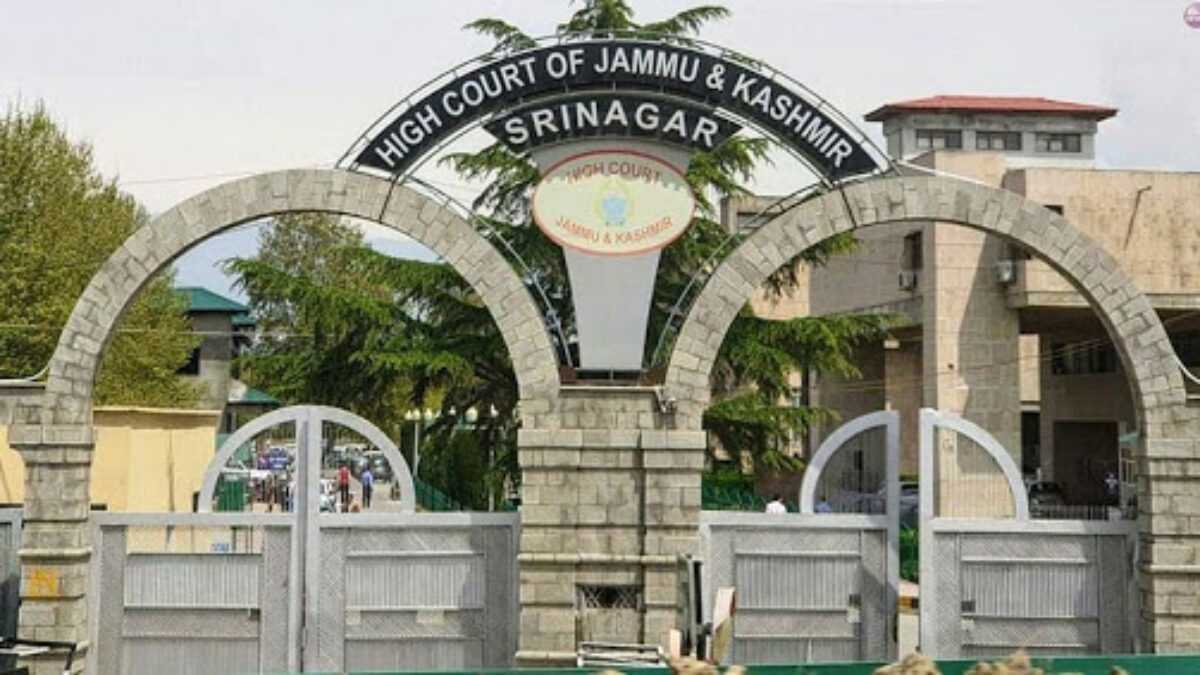State Cannot resort to "pick and choose" method for appointments; Bound to follow mandate of Article 14 : Jammu & Kashmir and Ladakh High Court

Court was dealing with a plea where the petitioner despite being a candidate with superior merit had been denied appointment to the post of driver in the J & K State Sports Council.
In a case where appointments had been made overlooking the merit of the candidates, the Jammu & Kashmir and Ladakh High Court recently observed that an employer, be it the state itself, cannot be permitted to resort to "pick and choose" method while making an appointment from a selection list by appointing a less meritorious candidate and leave more meritorious candidate.
The bench of Justice Javed Iqbal Wani said,
"(Candidates) who are successful and are declared to have qualified, have a reasonable expectation that they will be appointed and no doubt, as noticed above, this is not a vested right, yet the employer or the State has to give justifiable non-arbitrary reasons for not offering such successful qualified candidates’ appointment, particularly, when the employer is State, as it is bound to act and follow the mandate of Article 14 of the Constitution."
Court added that the state cannot without any reason decline to fill up a post without any lawful justification, which justification must not only be reasonable, should as well be not arbitrary, capricious and whimsical.
Court was dealing with a petition filed under Article 226 of the Constitution alleging that despite having been found most meritorious candidate among all the aspirants in the selection process for filling up two posts of Drivers in the J & K State Sports Council, the petitioner had not been offered an appointment and instead one less meritorious candidate who was not even eligible according to the Advertisement Notice had been appointed.
Through the plea, the petitioner sought direction to quash the selection and appointment of the other candidate and his appointment instead.
In their reply to the petition, the respondents did not express any justification for appointing a less meritorious candidate rather they apprised the court that the process of filling of post of Driver in Kashmir Province had been kept on hold.
In their objection to the petition, the respondents argued that mere selection to the post did not give a vested right to the petitioner to seek appointment against a post, which essentially lied in the domain of the employer i.e. state.
The high court said,
"...can an employer be permitted to resort to pick and choose method while making appointment from a selection list by appointing a less meritorious candidate and leave more meritorious candidate. The answer has to be emphatic “no not at all” because ours is a country governed by rule of law and arbitrariness is an anathema to the rule of law."
Court observed that when an employer invites applications for filling up a large number of posts, a large number of unemployed youth apply for the same, they spend time in filling the form and pay the application fee and thereafter, spend time to prepare for the examination, as also money to travel to the place, where tests in furtherance of the selection process is held.
"If they qualify the written test, they may have again to appear for interview and medical examination and travel again and those, who are successful and are declared to have qualified, have a reasonable expectation that they will be appointed and no doubt, as noticed above, this is not a vested right, yet the employer or the State has to give justifiable non-arbitrary reasons for not offering such successful qualified candidates’ appointment, particularly, when the employer is State, as it is bound to act and follow the mandate of Article 14 of the Constitution," held the court.
Court referred to the rulings of the top court in Shankarsan Dash vs. Union of India(1991) and R.S. Mittal Vs. Union of India (1995).
Court noted that in the present case, it was admitted fact that the council had overlooked the superior merit of the petitioner, inasmuch as, the ineligibility of the person who had been appointed instead.
"The said inaction of the respondent-Council cannot, but said to be arbitrary, capricious and whimsical besides colourable exercise and abuse of power to say the least," held the court.
Accordingly, court allowed the writ petition and commanded the respondent council to offer appointment to the petitioner against the post of Driver and admit the petitioner to all the consequential benefits.
Case Title: Ravinder Singh v. J & K State Sports Council and ors.
